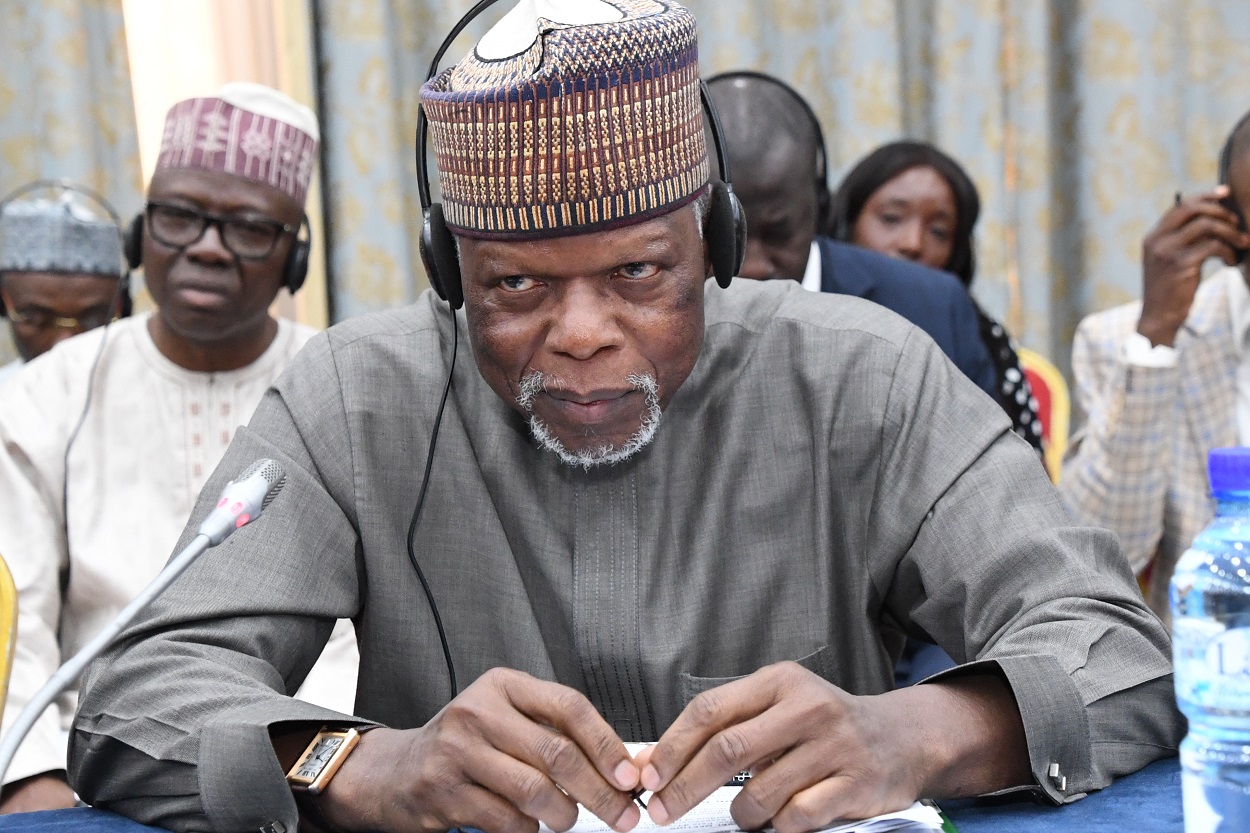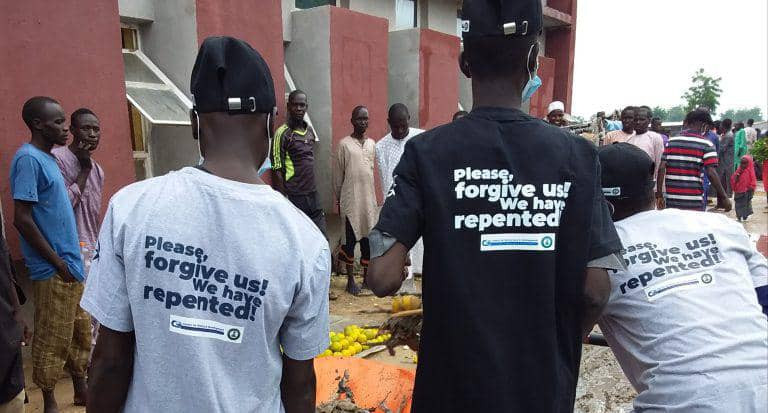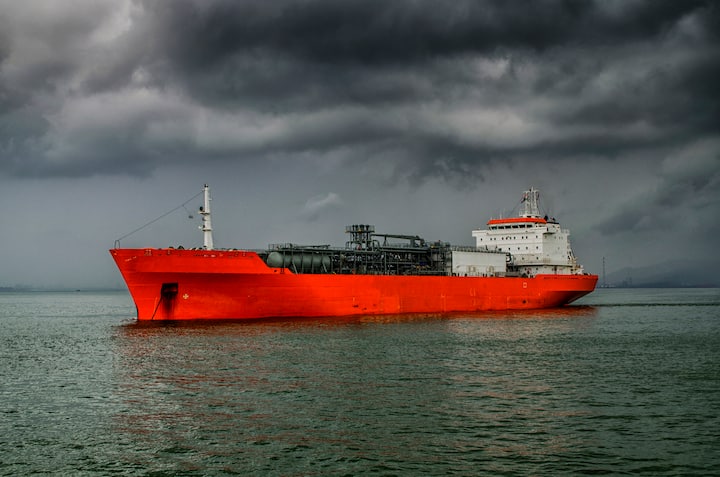News
NNPC Restarts Oil Drilling In Borno
In Jere Local Government Area of Borno State, the Nigerian National Petroleum Company Ltd. has restarted an oil drilling program at the Wadi-B.
After stopping drilling in Wadi-B in 1995 because to lagging successes and finds that were not in commercial quantities, it was announced that the NNPC resumed drilling.
Mele Kyari, group chief executive officer of NNPC, stated Wednesday that the corporation seeks to provide prosperity to the people by eradicating the energy poverty that presently threatens Africa’s largest economy.
At the presidential flag-off of President Muhammadu Buhari’s Wadi-B drilling campaign in Borno State, Kyari made the promise.
Kyari said, “We understood very clearly that we need to understand the basin very well. We need to have a different approach to exploration activities in this very basin and that is why NNPC and our partners, the Ministry of Petroleum Resources and the current Upstream Regulatory Commission decided to embark on massive revaluation of all the frontier basins in the country.
“Of course, our findings have been useful. The understanding of the rift system in Nigeria enabled us to have successful outcomes in the Kolmani Area.
“It also enabled us to mobilise to Nasarawa State. Now a drilling activity is going on. It also helped us to understand the geological basin of the Chad Basin which is why we are back here.
“Now we are much more confident, we believe that this campaign will be successful and that this campaign will take us to the ultimate objective which is to increase the reserves of our country and also create opportunities around us. We believe that the time for oil and gas to vanish is still far away.”
He also stated that the NNPC and its partners would deploy the necessary technology and best approach that would enable it to create value for Nigerians in the quickest possible time.“
Kyri believes that the drilling exercise would deforestation as most Nigerians who do not have access to cooking gas fell trees as an alternative for cooking.
He added that “Where ever we find crude oil, we will consider the concept of integrated production and conversion so that value can be created very quickly. We know for sure that 70 per cent of our population doesn’t have access to clean cooking fuel and that is why you are seeing the effects of the frustration which is most pronounced in this part of the country.”





